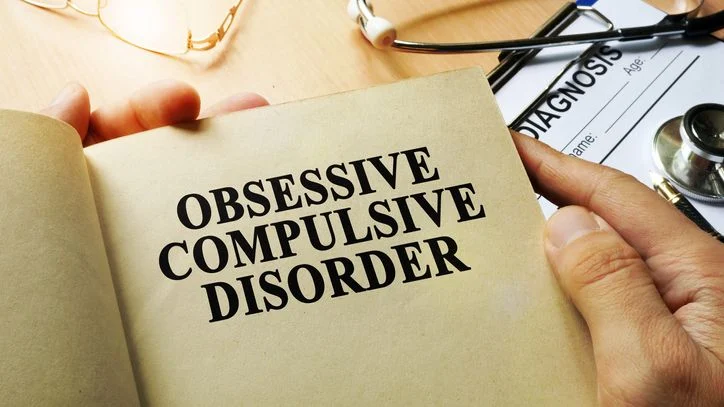Introduction:
If you’re looking for effective ways on how to stop OCD, you’re not alone. Obsessive-Compulsive Disorder (OCD) affects millions of people worldwide, disrupting their daily lives with persistent obsessions and compulsions. However, with the right knowledge and techniques, you can learn how to stop OCD from controlling your life. This guide highlights seven actionable strategies to reduce OCD symptoms and regain peace of mind.
What Is OCD and Why Learn How to Stop OCD?
OCD is a mental health condition characterized by:
- Obsessions: Intrusive, unwanted thoughts, fears, or urges.
- Compulsions: Repetitive behaviors or rituals aimed at reducing anxiety caused by obsessions.
Understanding the root causes of OCD can empower you to take the right steps toward addressing it. For more information, visit the National Institute of Mental Health (NIMH).

For Consultant with the Best Psychiatrist in Delhi for the Best OCD Treatment in Delhi, consider visiting:
1. Educate Yourself on How to Stop OCD
The first step to managing OCD is education. Understanding the nature of OCD helps you identify its triggers and effects. Research topics like:
- What causes OCD?
- How to stop OCD behaviors with effective techniques.
- How professional help can improve outcomes.
Knowledge empowers you to make informed decisions about your mental health.
2. Challenge Intrusive Thoughts Effectively
Challenging intrusive thoughts is critical when learning how to stop OCD. Here’s how you can do it:
- Use cognitive restructuring to identify and question irrational beliefs.
- Recognize that intrusive thoughts are not a reflection of your true intentions.
- Practice grounding techniques to bring your focus back to the present.
For additional guidance, explore mental health resources from the Centers for Disease Control and Prevention (CDC).
3. Practice Relaxation Techniques to Stop OCD
Stress is a significant trigger for OCD symptoms. Incorporating relaxation techniques into your daily routine can help:
- Deep breathing exercises calm your mind and body.
- Mindfulness meditation teaches you to observe your thoughts without judgment.
- Yoga or light exercise can help alleviate stress and anxiety naturally.

4. Use Exposure and Response Prevention (ERP)
Exposure and Response Prevention (ERP) is one of the most effective methods for stopping OCD:
- Gradually expose yourself to situations that trigger obsessive thoughts.
- Resist the urge to perform compulsive behaviors. Over time, ERP helps reduce anxiety and desensitizes you to triggers, making it easier to stop OCD-related behaviors. Learn more through trusted resources like MentalHealth.gov.
5. Build a Support Network
Living with OCD can feel isolating, but having a solid support system is invaluable. To stop OCD, consider:
- Sharing your experiences with loved ones who can provide emotional support.
- Joining a support group for individuals with OCD, either locally or online.
- Seeking guidance from therapists trained in treating OCD.
6. Prioritize a Healthy Lifestyle
Lifestyle changes play a vital role in managing OCD symptoms. A few tips include:
- Sleep well: Aim for 7-8 hours of quality sleep to improve mental clarity.
- Eat balanced meals: A nutritious diet supports overall mental health.
- Exercise regularly: Physical activity reduces stress and enhances mood, both of which can help stop OCD behaviors.
7. Seek Professional Help for OCD
Professional support is essential when dealing with OCD. A mental health expert can help you stop OCD by providing:
- A Psychiatrist shall prescribe medication that is effective in reducing the obsessions and Compulsive behaviour.
- Contrary to popular beliefs, medication is safe, effective and provides quick relief in OCD symptoms.
- Exposure and Response Prevention (ERP) therapy for gradual desensitization.
- Personalized strategies tailored to your needs.
To find more about OCD, visit the SAMHSA.

How to Stop OCD: Final Thoughts
Stopping OCD takes commitment, but it’s achievable with the right approach. By educating yourself, challenging intrusive thoughts, practicing relaxation techniques, and seeking professional help, you can take control of your symptoms and lead a more balanced life.

